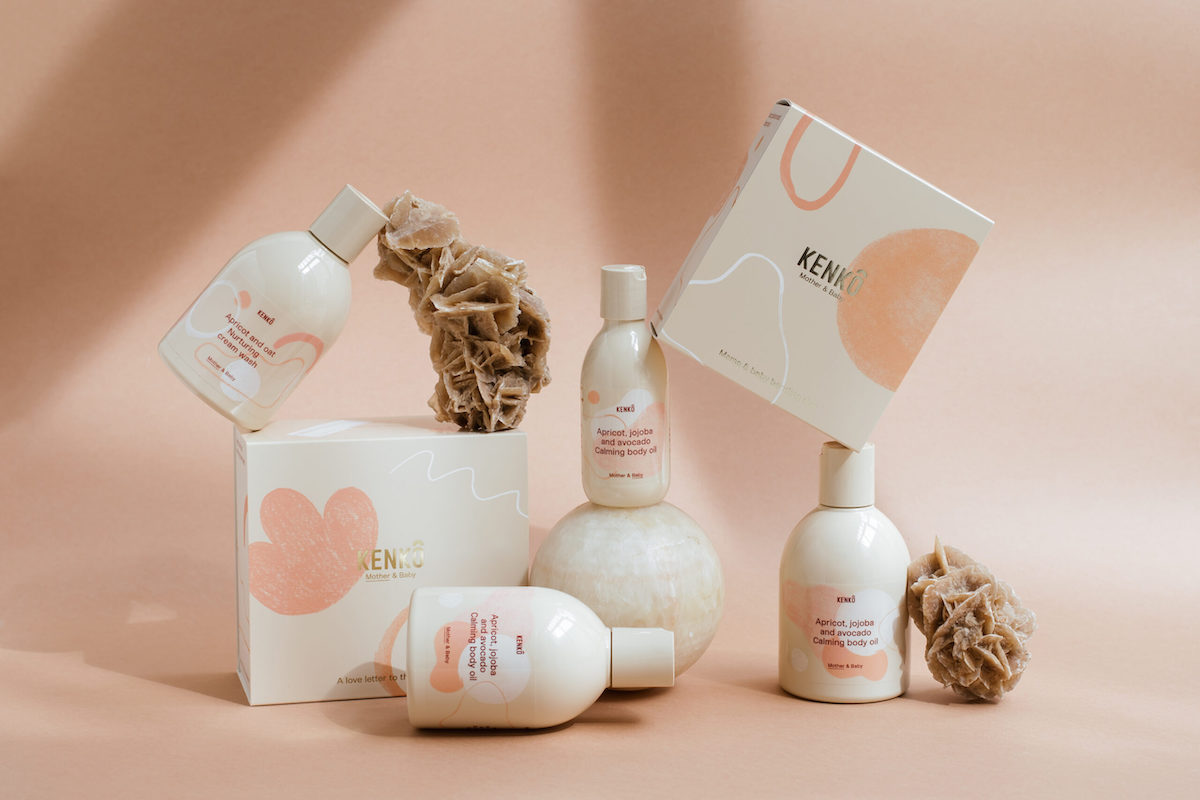
The Ultimate Guide to Nurturing Your Baby’s Delicate Skin
A baby’s skin is a marvel of nature, soft, smooth, and incredibly delicate. As a parent, ensuring the well-being of your little one’s skin is paramount. This comprehensive guide will delve into the intricacies of baby skin care, providing you with the knowledge and tools to nurture and protect your precious child’s skin.
Understanding Baby Skin: A Unique Ecosystem
Baby skin is not merely a miniature version of adult skin; it possesses unique characteristics that require specialized care. The outermost layer, known as the epidermis, is thinner and more permeable than adult skin, making it more susceptible to dehydration and irritation. Additionally, babies have a higher surface area-to-volume ratio, meaning their skin is exposed to more environmental factors.
Common Skin Concerns in Babies
While baby skin is generally resilient, it can be prone to certain common concerns, including:
- Diaper rash: A red, irritated rash caused by prolonged exposure to wet or dirty diapers.
- Eczema: A chronic skin condition characterized by dry, itchy, and inflamed skin.
- Cradle cap: A flaky, crusty scalp condition that typically resolves on its own.
- Heat rash: Small, red bumps caused by excessive sweating.
- Baby acne: Small, white or red bumps that usually disappear within a few months.
Essential Baby Skin Care Routine
Establishing a consistent skin care routine is crucial for maintaining your baby’s skin health. Here are the key steps:
1. Bathing:
- Bathe your baby 2-3 times per week using lukewarm water.
- Use a gentle, fragrance-free baby wash or soap.
- Avoid using harsh soaps or detergents that can strip the skin of its natural oils.
- Pat your baby’s skin dry with a soft towel.
2. Moisturizing:
- Apply a fragrance-free, hypoallergenic moisturizer to your baby’s skin after bathing.
- Look for moisturizers containing ceramides, which help strengthen the skin’s barrier.
- Avoid using adult moisturizers, as they may contain ingredients that are too harsh for baby skin.
3. Diaper Changing:
- Change your baby’s diaper frequently to prevent diaper rash.
- Use fragrance-free, hypoallergenic wipes.
- Apply a diaper cream containing zinc oxide to create a protective barrier against moisture.
4. Sun Protection:
- Protect your baby’s skin from the sun’s harmful UV rays by using sunscreen with an SPF of 30 or higher.
- Apply sunscreen to all exposed skin, including the face, ears, and hands.
- Reapply sunscreen every two hours, especially after swimming or sweating.
5. Special Considerations:
- Eczema: Use fragrance-free, hypoallergenic products and avoid harsh soaps or detergents.
- Cradle cap: Gently brush your baby’s scalp with a soft brush to remove flakes.
- Heat rash: Keep your baby cool and dry, and avoid overdressing.
- Baby acne: Do not pick or squeeze the bumps. They will typically resolve on their own.
Choosing the Right Baby Skin Care Products
When selecting baby skin care products, it is essential to prioritize safety and effectiveness. Look for products that are:
- Fragrance-free
- Hypoallergenic
- Dermatologist-tested
- Free from harsh chemicals or dyes
- Specifically designed for babies
Natural Remedies for Baby Skin Concerns
In addition to conventional baby skin care products, there are several natural remedies that can help soothe and alleviate common skin concerns:
- Diaper rash: Apply a paste made from baking soda and water to the affected area.
- Eczema: Use a lukewarm oatmeal bath to relieve itching and inflammation.
- Cradle cap: Massage your baby’s scalp with coconut oil or olive oil to soften the flakes.
- Heat rash: Apply a cool compress to the affected area.
When to Consult a Healthcare Professional
While most baby skin concerns can be managed at home, it is important to consult a healthcare professional if:
- The rash is severe or does not improve with home treatment.
- Your baby has a fever or other symptoms of infection.
- The skin is broken or bleeding.
- Your baby is in pain or discomfort.
Conclusion
Nurturing your baby’s delicate skin is an essential aspect of their overall health and well-being. By understanding the unique characteristics of baby skin, establishing a consistent skin care routine, and choosing the right products, you can protect and preserve your little one’s precious skin for years to come. Remember, a healthy skin barrier is not only essential for comfort but also plays a crucial role in immune function and overall health.
